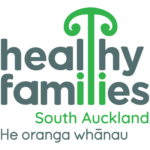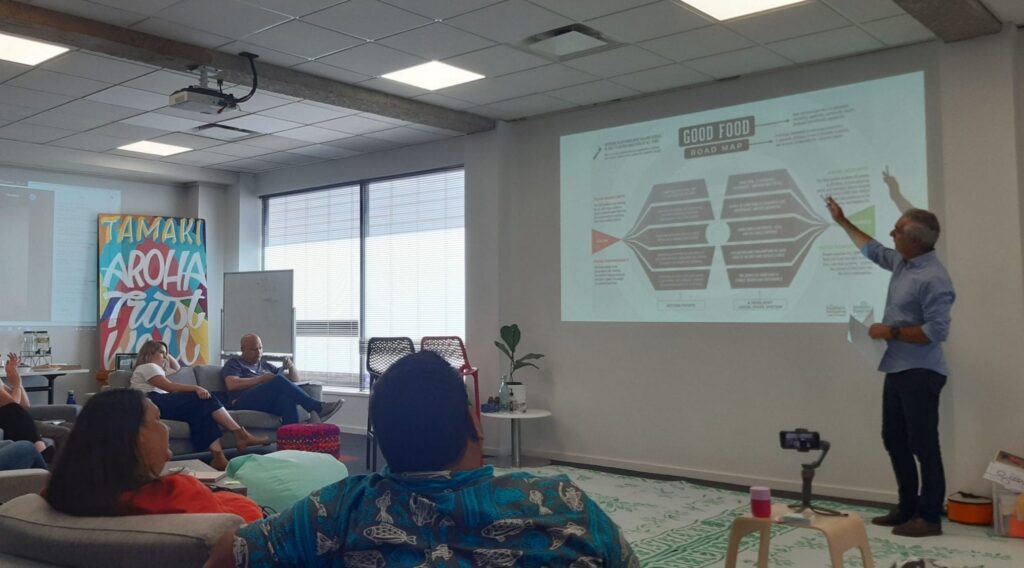
Healthy Families South Auckland and The Southern Initiative is sharing its systems change approach with other practitioners wanting to make positive change when it comes to food security and food sovereignty in Aotearoa.
A report about the recent A. Social Impact Summit on kai has highlighted the work and influence of Healthy Families South Auckland’s food systems innovators, Jacqui Yip and Julio Bin.
Both supported the November 2020 event, organised by The Good Fale and Rākau Tautoko, to have a strong focus on systems change and cross-sector collaboration. This included Healthy Families South Auckland presenting its systems change approach and key initiatives including the Papatoetoe Food Hub and The Good Food Road Map.
Jacqui Yip says the three-day summit, which saw over 100 practitioners attend, provided an opportunity for the public, private and community sectors to connect, design and work on a collective theory of change to address food security and sovereignty.
“COVID-19 has shown the ongoing issues of food insecurity in many of our communities, so it was timely to be part of a summit that sought to address this through collective disruption and redesign of our food systems,” she says.
“Healthy Families South Auckland shared our approach for more community-led and systems-focused change in our local South Auckland food systems. This included how we have used the ‘Six Conditions of Systems Change’ approach to ensure better community outcomes at the Papatoetoe Food Hub. We also described the development of a collective food strategy (The Good Food Road Map) and how our colleagues in Healthy Families Whanganui Rangitikei Ruapehu have adapted it to guide their local community-led food system mahi.”
Healthy Families South Auckland manager George Makapatama says the systems change approach is becoming more prevalent in community-focused work with Healthy Families South Auckland being asked to share its methods through-out 2020.
“Healthy Families New Zealand was set up with encouraged innovative thinking like systems change at the core of our work. Since our inception we have been able to learn, test and adapt systems change approaches to best serve the needs of our communities,” he says.
“But we cannot achieve systems change by ourselves so we welcome opportunities like A. Social Impact Summit where we can share our kaupapa and encourage using the systems change approach.”
